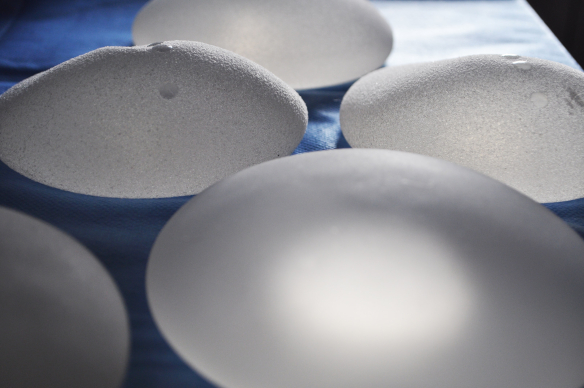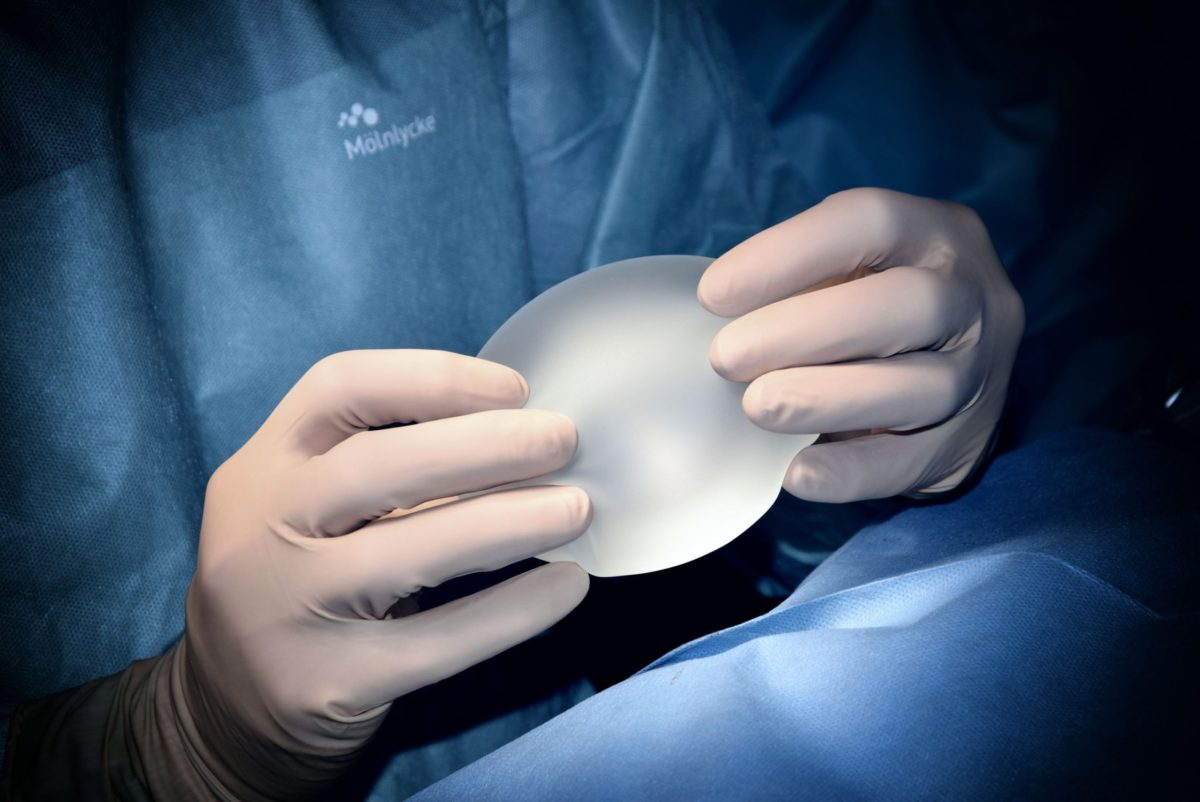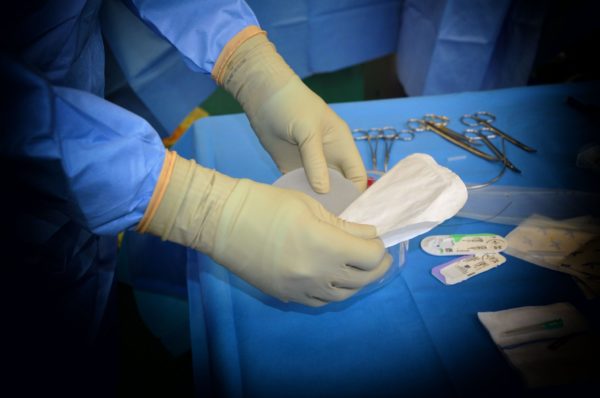Smoking, Nicotine and Surgical Complications
Nicotine gum, patches, chewing tobacco and vaping should be avoided in addition to cigarettes and any other form of tobacco, prior to and following surgery.
Nicotine
Acts as a vasoconstrictor, shrinking blood vessels and reducing circulation, which is essential for healing tissues to survive. Reduced blood flow can impact healing after any procedure, however, the risk of complications is especially high for patients having procedures, involving major tissue repositioning. This includes breast lift, breast reduction and flap reconstruction surgery.
Mixing nicotine with plastic surgery can result in:
- Loss of nipples after a breast lift
- breast reduction
- breast augmentation.
Infections
chemicals in cigarettes and nicotine, weaken your immune system, making it easier for harmful microbes to infect your incision sites.
Death of fat cells
(fat necrosis), causing hard lumps.
Delayed wound healing
which can lead to breast implant extrusion and subsequent removal.The prolonged healing process can cause scars to heal irregularly and increase their depth and width.
Blood clots
The chemicals in cigarettes thicken the blood which can result in blood clots. If a clot forms and travels to the heart or lungs this can result in a life-threatening pulmonary embolism. Pain can increase after surgery. Permanent small vessel damage.
Life-threatening Complications
- complications like
- stroke
- heart attack
- blood clots
- pneumonia
Why is it important to stop smoking before surgery?
Firstly, anaesthesia becomes riskier. Nicotine and smoking change your body chemistry, making it harder to predict how your body will react to certain medications, including anaesthesia drugs. Carbon monoxide from smoking also lowers blood oxygen levels. This makes it more difficult for your heart and lungs to work while under anaesthesia, increasing your chances of suffering a heart attack, during or after surgery.
Breathing problems can occur after surgery and you are at greater risk of developing pneumonia. If you are a smoker you are also more likely to need a ventilator, a machine that breathes for you, after surgery.
When do I need to quit?
It is recommended that you stop using nicotine in any form, for a minimum of 6 weeks prior and 6 weeks after any surgery. Resuming smoking, vaping or having nicotine in any form during recovery will increase the risks of delayed healing, infection, and many other dangerous complications.
Important Note
Stopping smoking even the day before your surgery can lower your risk of complications. When you stop smoking the levels of nicotine, carbon monoxide and other toxic chemicals you inhale in cigarette smoke, begin dropping immediately, improving blood flow and reducing the likelihood of problems.
Always be completely open with your surgeon about your medical history. Disclose all medications, supplements, herbs and any other substances you take, in addition to nicotine. Your surgeon and anesthesiology team can then make necessary adjustments to reduce the risk of complications.




